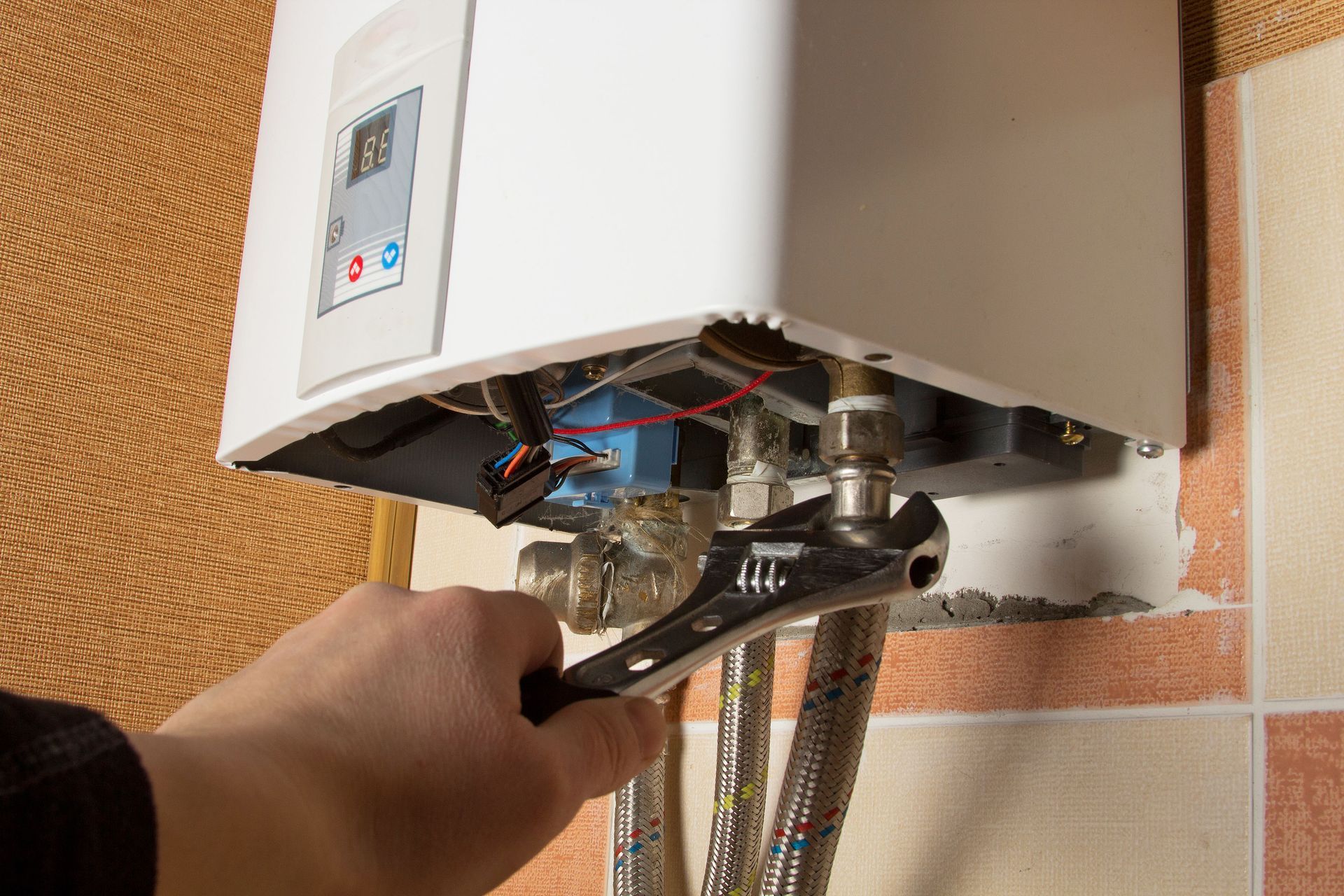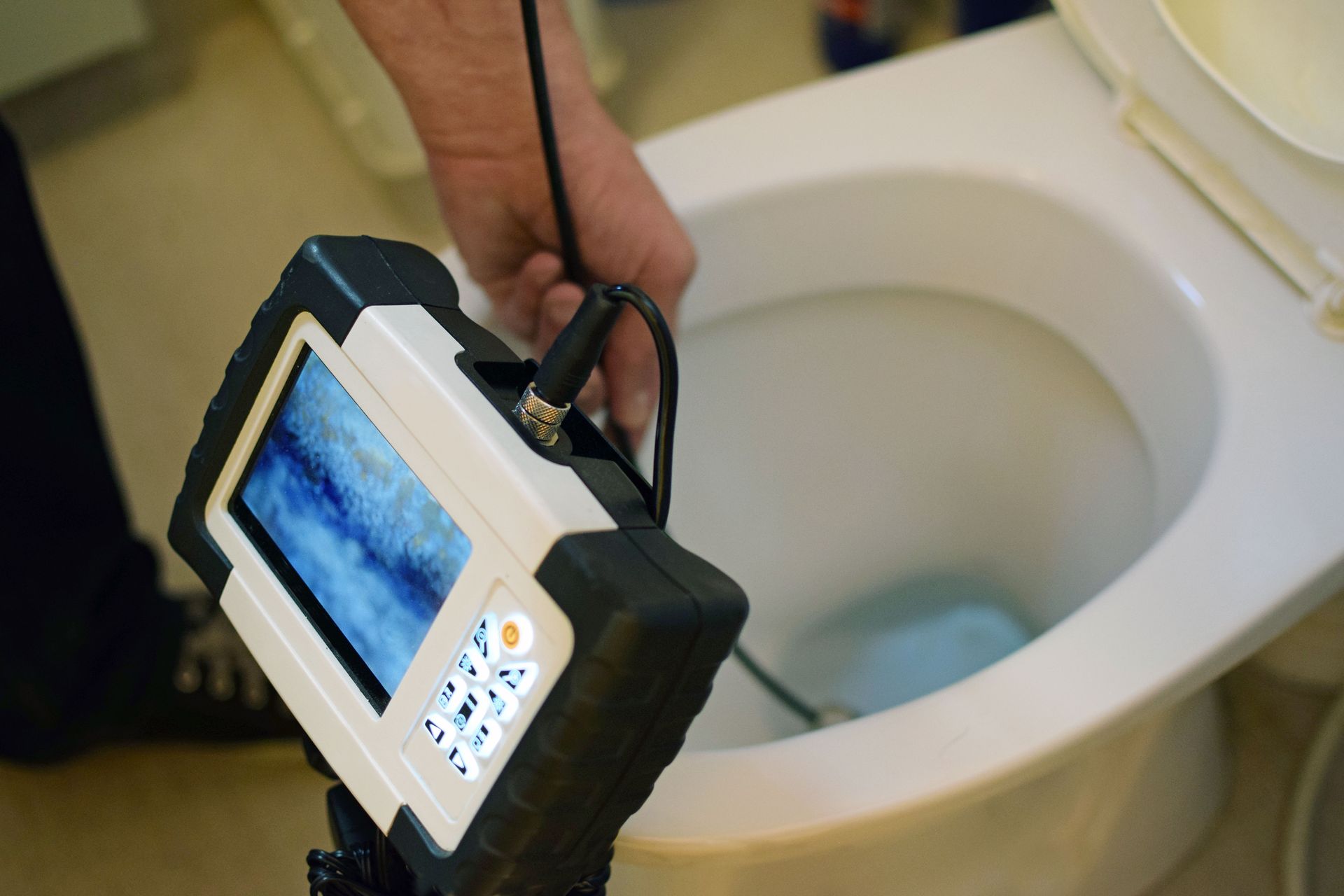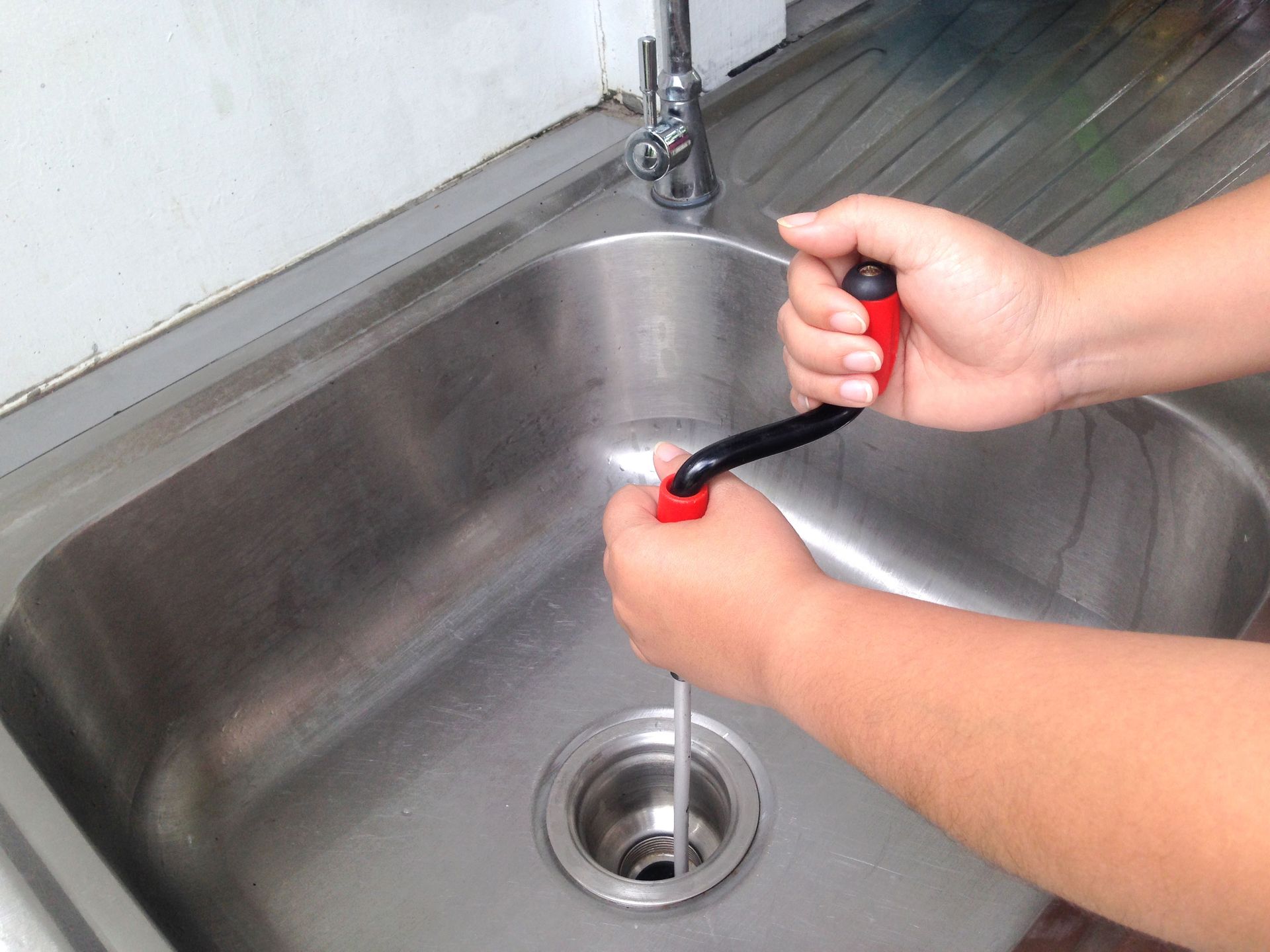3 Signs Your Home Is Due for a Water Heater Replacement
According to This Old House, you should think about replacing your water heater once it hits 10 years old, starts producing rusty water, or can’t keep up with your hot water needs. These benchmarks are great starting points for assessing your unit, but it’s also important to watch for subtle clues that signal your water heater might be nearing the end of its lifespan. Consulting a trusted water heater contractor can help you make the right decision and ensure that your home stays warm and comfortable without interruption. Let’s take a closer look at the three main signs that it’s time to consider a replacement.
1. Monitoring the Age of Your Water Heater
While a well-maintained water heater may last a little longer, older units tend to lose efficiency and can fail unexpectedly. Planning ahead allows you to budget for a new unit and schedule installation at a convenient time, rather than being forced into a rush repair. Regular maintenance can extend a heater’s life slightly, but age is inevitable. A reliable water heater contractor can check your system and advise whether it’s nearing the end of its functional lifespan. They can also recommend newer models that offer improved energy efficiency and better performance, helping you avoid the stress and inconvenience of a sudden breakdown. Keeping track of your water heater’s age is a simple, proactive step that can prevent major headaches later on.
2. Checking for Rusty or Discolored Water
Another obvious warning sign is rusty or discolored water when using hot water. Rust often indicates corrosion inside the tank, which can compromise the water heater’s integrity and potentially lead to leaks. While a little discoloration might seem minor at first, it’s a red flag for future problems. If ignored, a corroded tank can cause water damage, expensive repairs, or even flooding in extreme cases.
Having a professional inspection by a water heater contractor ensures that the problem is correctly diagnosed. They can determine if flushing the tank or replacing certain components will suffice or if a full replacement is the safer, long-term solution. Not only does addressing rust protect your home, but it also ensures the water you and your family use is clean and safe.
3. Observing Inconsistent Heating
If your hot water supply is inconsistent or takes longer to heat than it used to, it may signal that your water heater is struggling. You might notice showers turning cold faster, lower water pressure, or temperature fluctuations during household use. These issues usually point to worn-out heating elements or a tank that can no longer keep up with your household’s demand.
By monitoring the age of your unit, watching for rusty or discolored water, and observing inconsistencies in heating, you can determine when it’s time to invest in a new system. Taking action early with guidance from a trusted water heater contractor ensures uninterrupted hot water, protects your property, and can even improve energy efficiency. Don’t wait for an emergency to strike—contact Al's Plumbing LLC today to assess your water heater and explore replacement options that fit your home and lifestyle.











Share On: